Why We Exist
The Big Picture
The world needs sustainable food security.
Problem
There are approximately 800 million people undernourished today, more than that malnourished, and many of both groups children.
One of the greatest challenges facing humanity is improving agriculture to keep up with a growing population, constantly evolving pests and diseases, and a changing climate. Yet, selling patented technologies to smallholder farmers in developing countries is difficult, and government agencies and foundations too often overlook both fast-moving technology and indigenous knowledge. Current investment in agricultural innovation in developing countries is only a fraction of what is necessary to identify and develop the most promising solutions.
Solution
Agricultural innovation is essential to food security, and a large body of economic research suggests that it has one of the highest rates of return to society of any public investment or development strategy.
It’s one of the most effective ways to fight poverty, improve nutrition, help adapt to a changing environment, and in some countries even maintain national security. For what society gets, it’s often dirt cheap.
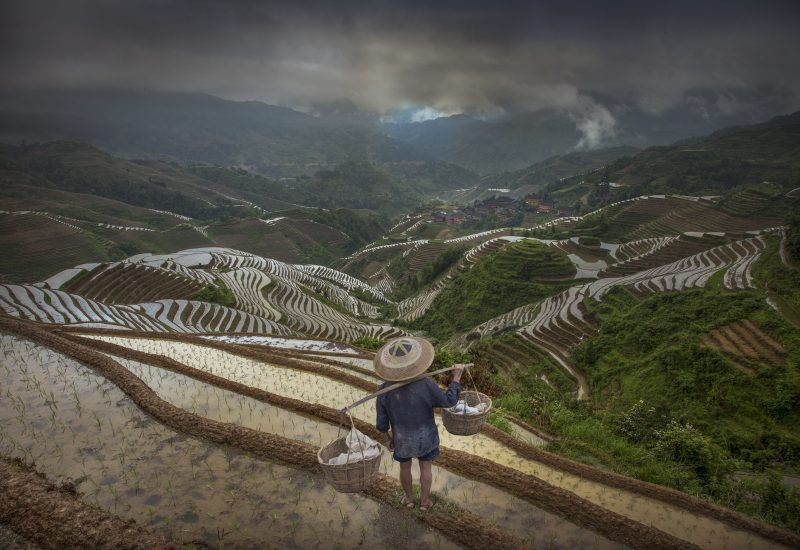
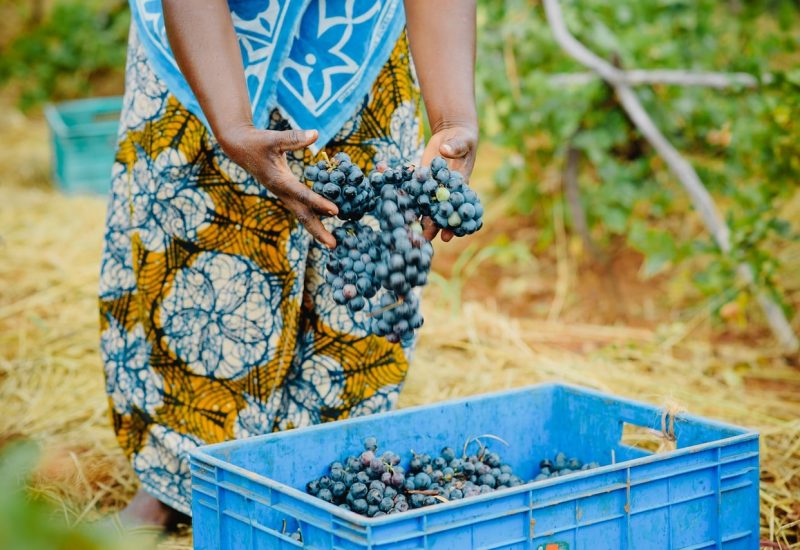
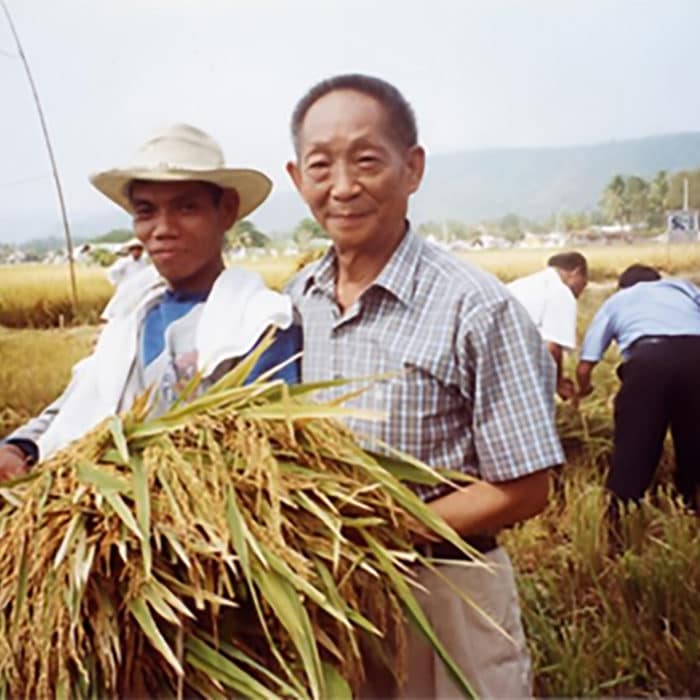
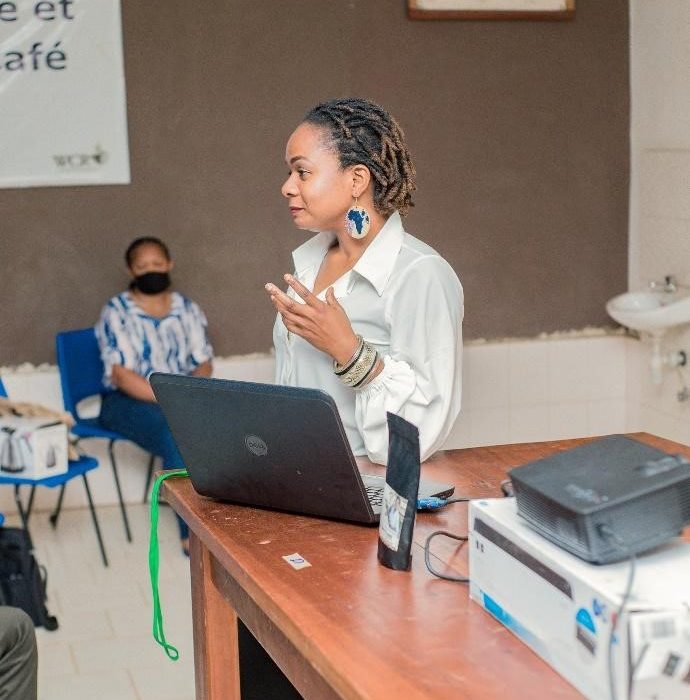
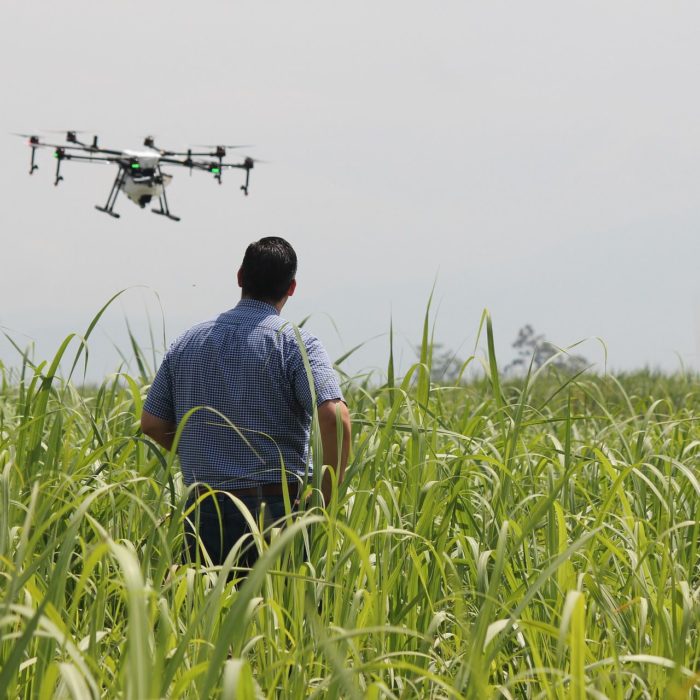
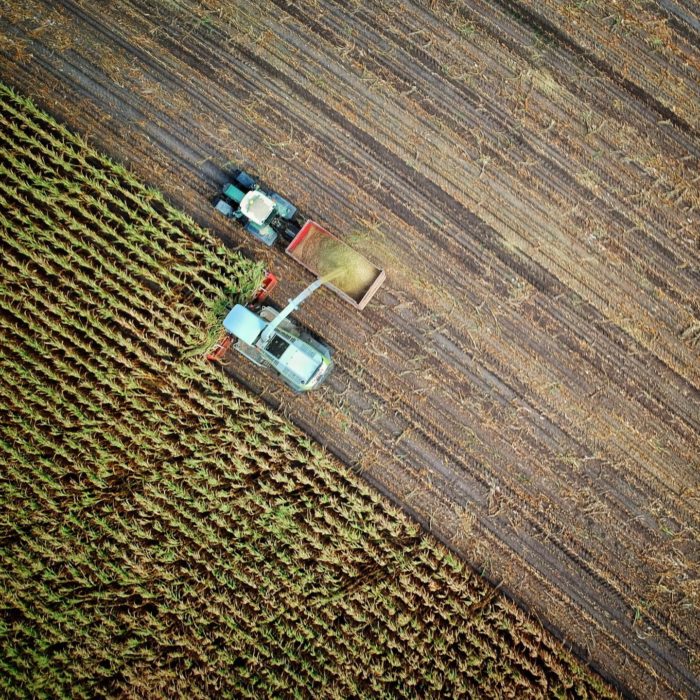
Why We Exist
Bringing Everyone Together
There’s a farmer in India who wants to feed his family rather than the bugs eating his crops. There’s also a scientist with a promising way to defeat these bugs, but her grant applications keep getting rejected. And there’s a young professional in Seattle looking for high-impact ways to solve the big problems facing the world.
Grow Further brings farmers and scientists together with anyone who is interested in investing in the future of food together.
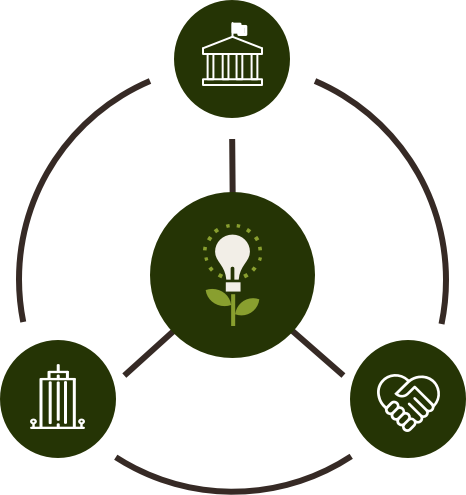
Creating an Innovation Ecosystem
In the private sector, angel and venture investors fund high-risk innovations. In educational reform, government, private universities, independent think tanks, foundations, and numerous small and grassroots organizations all fund experiments. But if a scientist in a developing country wants to test a new growing technique there are only a couple of government agencies and foundations to turn to.
As several major foundations have recognized since the 1950s, Investing in food security is one of the smartest ways to improve the lives of the most vulnerable populations around the world.
Yet individual donors, who in the United States last year made nearly five times the level of charitable donations that foundations do, continue to be almost completely disengaged from agricultural innovation. As with individual donors, private universities play an important role in science generally but almost none in agricultural innovation. At Grow Further, we see a glaring lack of a diverse financing system for the agricultural innovations that underpin the future of global food security.
So we’re here to bring it all together. We provide individuals who care about food security a powerful and transparent platform to engage and invest directly in agricultural innovation projects. We convene donors, agricultural scientists, and subject matter experts to bring new ideas and funding streams together to create an individually supported agricultural research sector. Our end goal is to accelerate the development of agricultural innovation for the benefit of smallholder farmers in low to middle income countries
The Problem on the Ground
Ok, enough abstractions–what does this problem Grow Further is working on look like on the ground? Here’s the type of story innovative farmers tell us:
‘I’ve got an idea to change the timing of irrigation to control a plant disease. There’s nothing to sell, so no company is interested. I have no credentials, so no one takes me seriously. I need a credentialed scientist to test it, but they say they can’t get a grant. I see where they’re coming from–my idea isn’t part of the government’s agenda, so what are they supposed to do, call up Bill Gates? It’s too small for him. So I need your help with this.’
Our long-term plan is to form a network of chapters or imitators so that farmers and scientists have lots of choices when it comes to testing small or unconventional ideas, and so that people who don’t work at a grant-making agency have a meaningful way to get involved.


